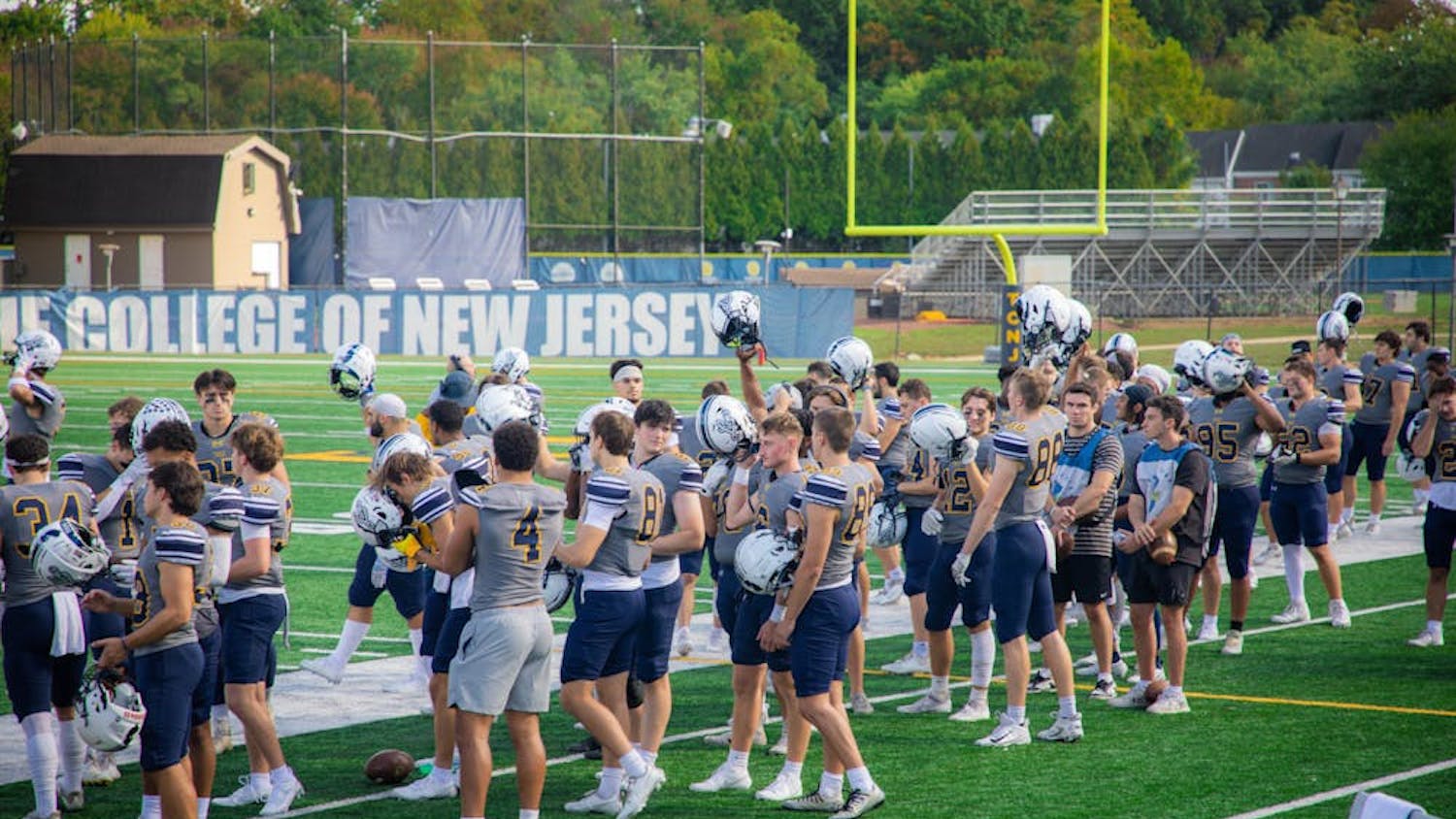Although the majority of students at the College may not recognize Gilbert Kaburu by name, there's a good chance they've already seen his face. Anyone who tuned in to the Opening Ceremonies at the 2008 Beijing Olympics would have seen Kaburu proudly carrying his native country's flag as the nation of Uganda marched its 12 athletes into the arena.
Despite having never set foot on the College's Ewing campus, Kaburu is still a fellow classmate. The new Olympian is currently studying the academic impact of organized physical activity on upper-elementary students, coaches and teachers. He is receiving his elementary education master's teacher certification program from the College.
But he won't be donning a cap and gown in Ewing. Gilbert is a proud student of the College's South African campus in Johannesburg.
"The opening ceremony of the games will stay with me forever," Kaburu said. "Marching behind my country's flag, with over 70,000 people in the stadium watching and cheering and billions watching on TV was a great feeling. At that moment, I felt like I had the world at my feet."
The Olympics do not offer Kaburu's specialty event, the 50-meter butterfly, so he raced in the 50-meter freestyle on Aug. 14 instead, finishing seventh in the fourth heat of the event. Kaburu's time of 27.72 ended his Olympic journey in the qualifying round as he finished 82nd overall, but his rise to the peak of the athletic stratosphere is one he will not soon forget.
"I made very many sacrifices to be here," Kaburu said. "Coming from a country where corruption thrives, with hardly any physical let alone sports infrastructure, (that) invests hardly anything in sports meant I had to combine studies, work, private coaching and training, which is very hard to do," Kaburu said.
The Johannesburg site is one of several international locations where students can earn a graduate degree in education and a State of New Jersey teaching certification. The College offers similar programs in Bangkok, Thaland and Majorca, Spain.
Kaburu also said he was unable to swim to his full potential in Uganda because of the harsh cultural climate.
"I imagine like many of the athletes from similar backgrounds, we have to sacrifice a lot more than our counterparts from the wealthier countries." he said.
Although Kaburu needed to conquer numerous obstacles to be an Olympian, he is optimistic and talks of his impact on future generations.
"I hope this will inspire the youngsters back home to aim for the highest," Kaburu said. "This is especially important in Uganda where sport is seen more as a distraction. My students at the International School of Uganda were thrilled, and I hope I can inspire them to work hard in everything they do."
Kaburu's journey from the pools of southern Africa to Beijing's Water Cube has been remarkable, and although he didn't return to TCNJ Johannesburg with a medal, he brought back an experience few of his countrymen will ever know. More importantly, he returned as a symbol of hope.
"If I can repeat that feat in the future - having a small part of the world recognize my contribution in whatever field I have chosen, or may choose to take, I will have fulfilled my life's goals," Kaburu said.
When asked what set him apart from other swimmers and allowed him to achieve this level of success, Kaburu responded with one word.
Perseverance.






